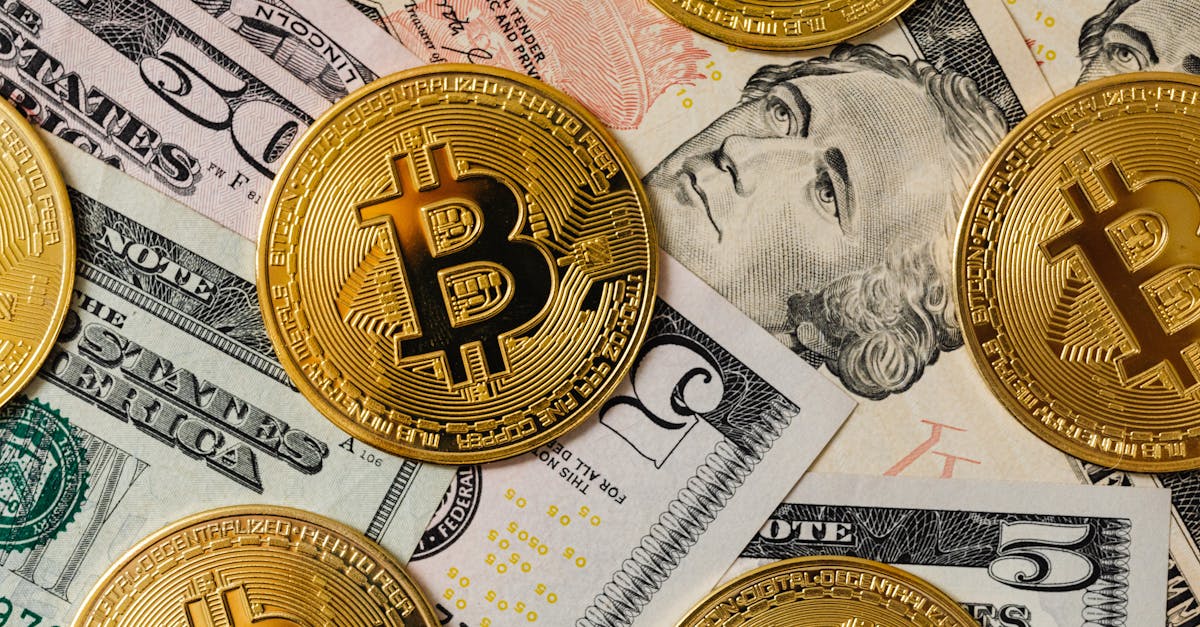How Inflation Impacts Your Savings
Introduction
Inflation, an ever-present economic phenomenon, influences the purchasing power of money. As prices of goods rise, the value of savings can erode, making each dollar you stash away worth less over time. Understanding how inflation impacts your savings is crucial to safeguarding your financial assets.
Advertisement
Erosion of Purchasing Power
Inflation diminishes the purchasing power of money, meaning that today's saved dollar will not buy as much in the future. If your savings don't grow at least at the rate of inflation, the real value of your money decreases. This can make long-term financial planning and goal-setting more complex for individuals.
Advertisement
Impact on Fixed-Interest Investments
Fixed-interest investments, such as savings accounts and bonds, may suffer due to inflation. These financial products generally offer returns that are predictable but may not keep pace with inflation, thus eroding their real value over time. Investors often seek alternatives that offer inflation protection.
Advertisement
Real Interest Rates
Nominal interest rates do not account for inflation. The 'real interest rate' is calculated by subtracting the inflation rate from the nominal rate. Even when savings earn interest, if the real interest is negative, the actual purchase power of your savings decreases. Understanding this concept is key in financial planning.
Advertisement
Inflation Hedging Alternatives
To counter inflation, individuals might consider inflation-protected securities. Treasury inflation-protected securities (TIPS) and commodities like gold can provide a hedge against inflation. Such investments offer potential protection by adjusting returns based on inflation rates, helping maintain your savings’ value.
Advertisement
Impact on Budget and Expenses
As inflation increases, everyday expenses rise alongside. This can strain your savings as more funds are needed to cover the same basket of goods. A keen awareness of how inflation impacts your budget can help in allocating resources efficiently and adjusting saving strategies accordingly.
Advertisement
The Role of Inflation in Retirement Planning
Inflation poses a significant threat to retirement savings, especially for those relying on fixed incomes. Properly adjusted portfolios that account for inflation can preserve the value of retirement assets. Including assets that grow with inflation is essential in long-term retirement strategies.
Advertisement
Diversifying Savings to Mitigate Inflation
Diversification is a significant strategy to guard savings against inflation. Investing in a mix of equities, real assets, and inflation-protected instruments may offer balanced growth. Each asset class reacts differently to inflation, making a diversified portfolio more resilient.
Advertisement
Real Estate as an Inflation Hedge
Real estate often serves as a strong hedge against inflation, as property values and rents typically increase with inflation. Thus, investing in real estate can offer not only capital appreciation but also regular income streams. It's a valuable component of an inflation-conscious investment portfolio.
Advertisement
Conclusion
In conclusion, understanding inflation's impact on savings is integral to financial planning. By recognizing its influence on purchasing power, investments, and retirees, individuals can take proactive steps to protect their savings. Utilizing a combination of strategies, from diversifying portfolios to investing in real estate, can help preserve wealth in an inflationary environment.
Advertisement


